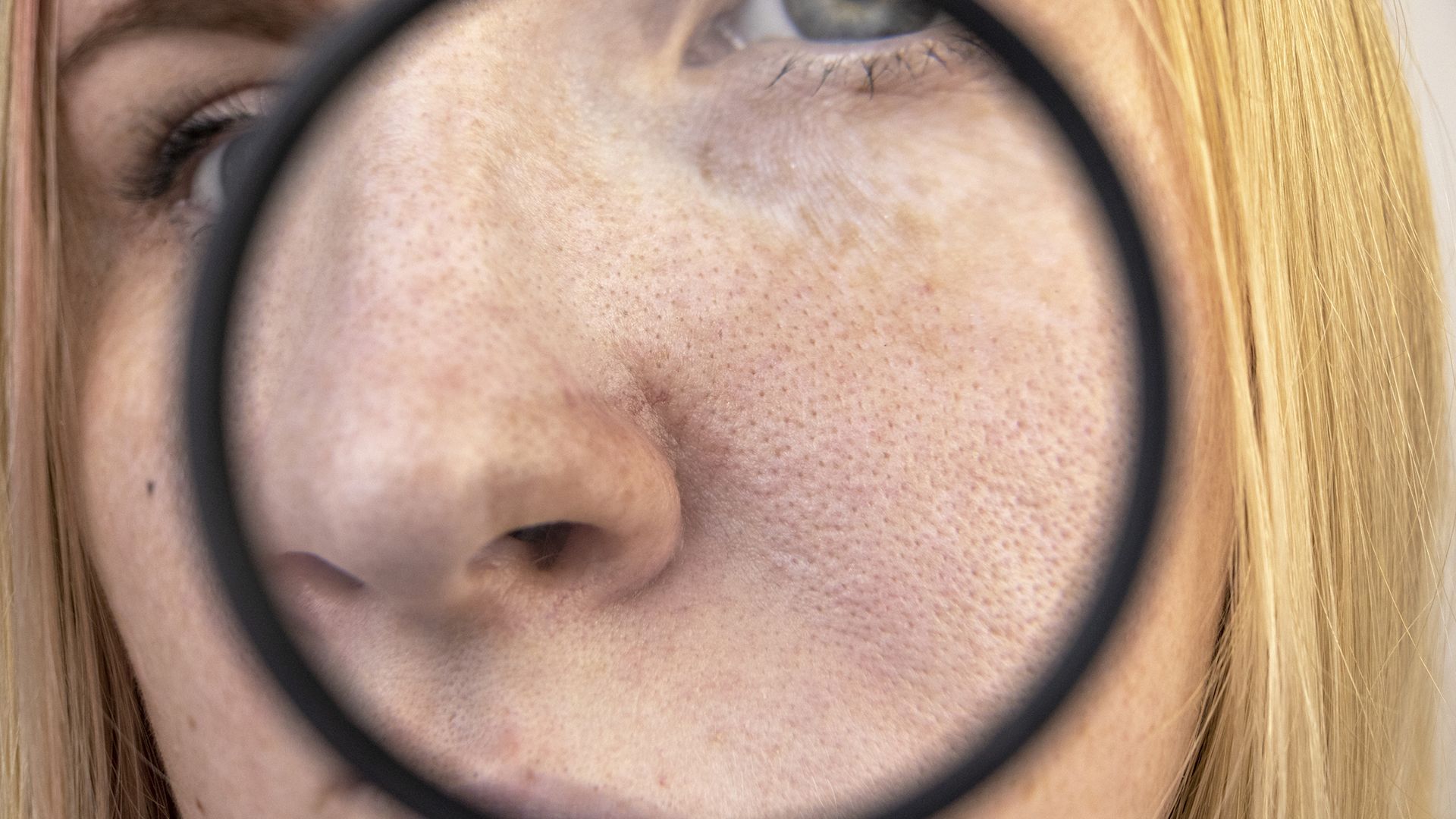Cutaneous squamous cell carcinoma, or cSCC, is the second-most common type of skin cancer, and accounts for approximately 2 out of every 10 cases of skin cancer in the United States. It often appears on areas of the skin that have been damaged by exposure to UV radiation from the sun or artificial sources, such as tanning booths. But it can appear on any area of the body. It can also spread to nearby tissues and more distant areas of the body, including the lymph nodes, bones, the lungs, and the liver.
Like many other forms of cancer, treatment for cSCC is individualized, meaning a healthcare team takes into account numerous factors about the cancer and the person who has cancer when recommending a treatment plan.
If you or a loved one has cSCC, it can be helpful to learn more about this type of skin cancer and the available resources for people who have skin cancer. Below are a few links to help you get started.
American Cancer Society
If you’re looking to learn more about any type of cancer, the American Cancer Society is a great place to start. Their website offers several pages of information about cSCC, including information on how cSCC differs from other types of skin cancer, what treatment options are available, questions to ask your healthcare team, and advice on when and how to seek a second opinion on a diagnosis.
American Academy of Dermatology
The American Academy of Dermatology (AAD) is another great starting point for patient education about cSCC, with information about diagnosis, treatment options, and treatment options for when cSCC has spread. For those who are looking for a healthcare provider to evaluate or treat skin cancer, the AAD website also offers the Find a Dermatologist search tool, which lets you filter your search by condition.
CancerCare
An oncology social worker can provide emotional and practical support for people living with cancer. Your hospital or cancer center may have oncology social workers on staff. Another option for connecting with an oncology social worker is CancerCare, which offers counseling, financial assistance to qualifying families, and case management services to patients and caregivers in the U.S.






